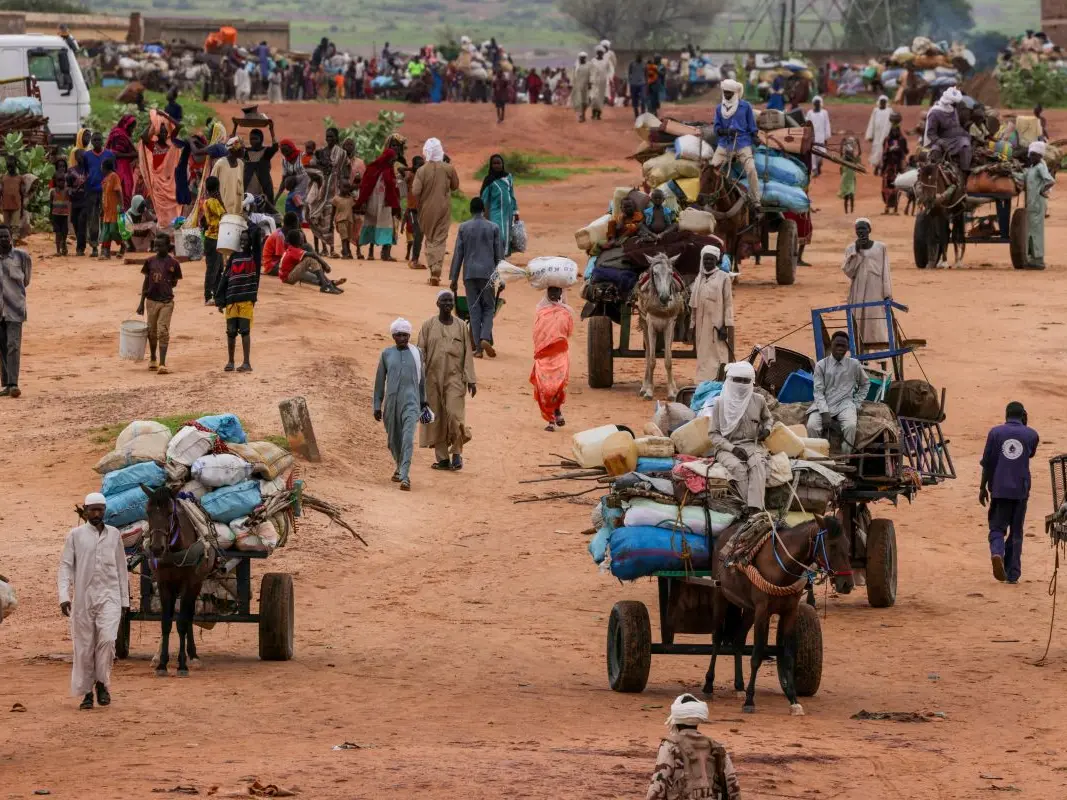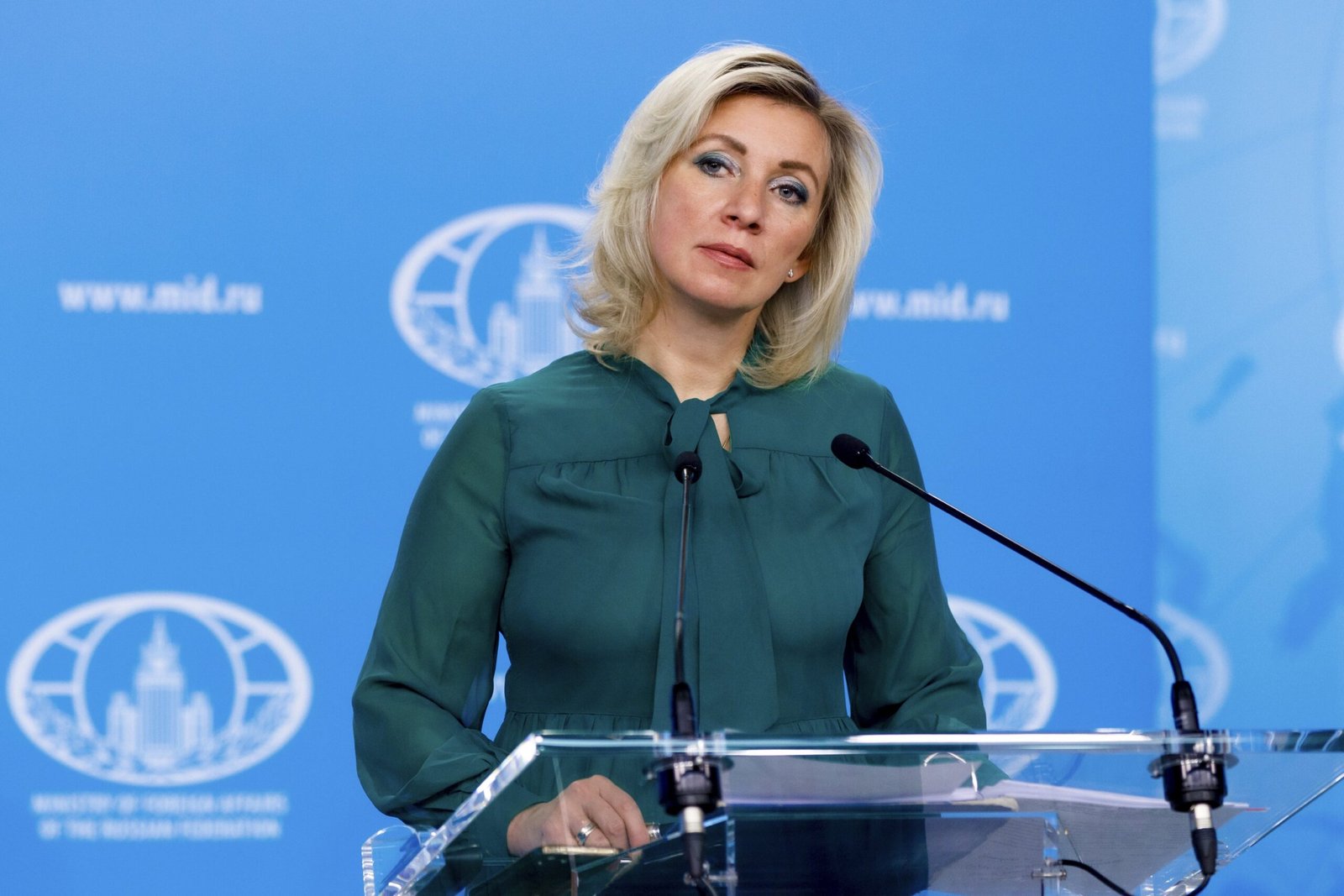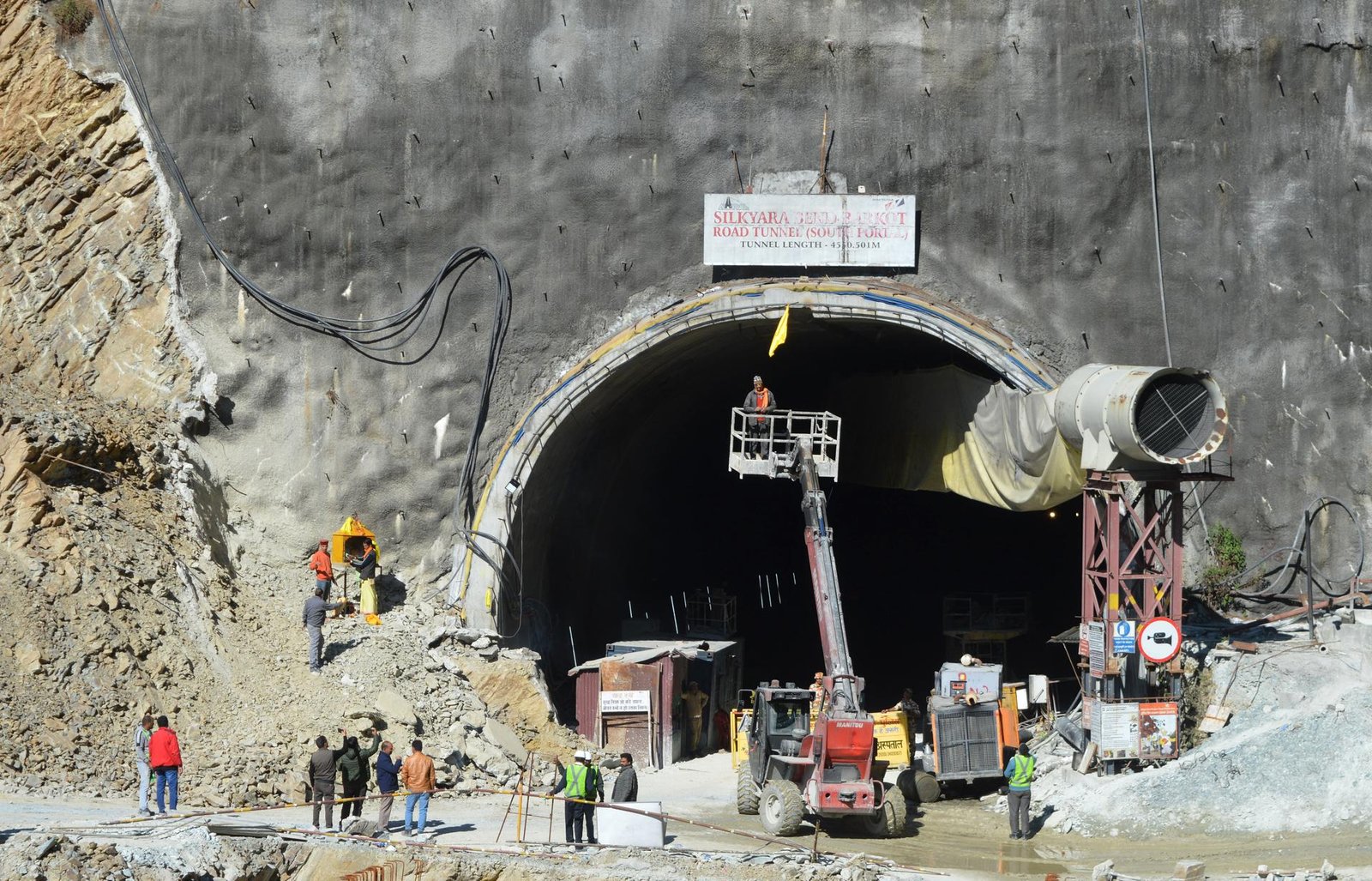Russian investigators have officially confirmed that Yevgeny Prigozhin, the leader of the Wagner mercenary group, was one of the ten individuals who tragically lost their lives in a plane crash in the Tver region last week. The crash occurred northwest of Moscow and has raised several questions about the circumstances surrounding the incident.
Russia’s aviation agency had previously released the names of all ten passengers on board the private jet, which included Prigozhin and Dmitry Utkin, his close associate who played a pivotal role in founding the Wagner group.
In an announcement made via the Telegram messaging app, Russia’s Investigative Committee stated, “As part of the investigation of the plane crash in the Tver region, molecular-genetic examinations have been completed. According to their results, the identities of all 10 deceased individuals were established, matching the list stated in the flight manifest.”
There had been some speculation, particularly on pro-Wagner Telegram channels, regarding Prigozhin’s presence on the ill-fated flight, given his known security precautions in anticipation of potential threats to his life.
Authorities have yet to disclose the cause of the private jet’s crash, leaving this tragic incident shrouded in mystery.
The crash occurred exactly two months after Prigozhin and his Wagner mercenaries staged a mutiny against Russian military commanders, seizing control of the southern city of Rostov and advancing toward Moscow before ultimately reversing course, stopping around 200 kilometers from the capital.
Russian President Vladimir Putin described this June 23-24 mutiny as a treacherous “stab in the back.” However, he later met with Prigozhin in the Kremlin and extended his condolences to the families of those presumed to have perished in the crash.
Western politicians and commentators have raised unsubstantiated claims that Putin ordered Prigozhin’s demise as retribution for the mutiny, which represented a significant challenge to Putin’s rule since he took office in 1999.
Kremlin spokesperson Dmitry Peskov vehemently denied these allegations on Friday, labeling them “an absolute lie.” When asked about Putin’s potential attendance at Prigozhin’s funeral, Peskov cited the president’s busy schedule and stated it was too early to determine.
Wagner fighters played a prominent role in the conflict in eastern Ukraine, especially during the lengthy siege of Bakhmut. Despite Prigozhin’s frequent and profanity-laden criticisms of Russia’s military leadership throughout the war, the group’s mutiny ultimately failed.
The Wagner fighters have since left Ukraine, with some relocating to neighboring Belarus under the terms of a deal that ended their mutiny. The fate of these fighters remains uncertain, and Prigozhin’s sudden passing has left many of his loyal followers in a state of disbelief.
Putin offered a mixed tribute to Prigozhin on Thursday, acknowledging him as a “talented businessman” while also highlighting his significant life mistakes.



